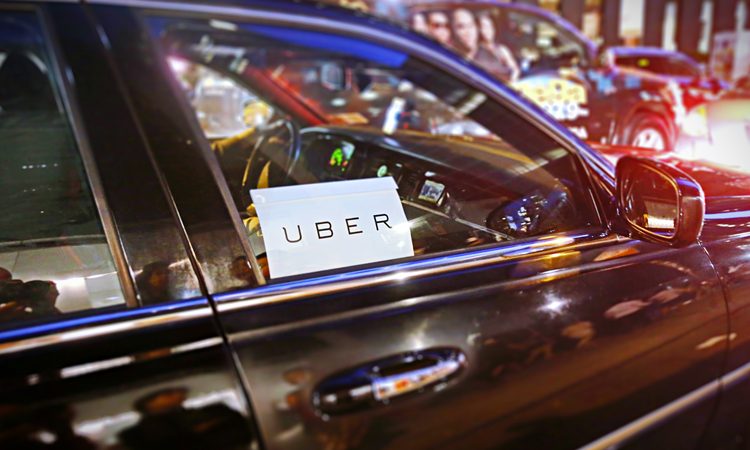Recent analysis confirms Uber is still the global ride-sharing market leader
- Like
- Digg
- Del
- Tumblr
- VKontakte
- Buffer
- Love This
- Odnoklassniki
- Meneame
- Blogger
- Amazon
- Yahoo Mail
- Gmail
- AOL
- Newsvine
- HackerNews
- Evernote
- MySpace
- Mail.ru
- Viadeo
- Line
- Comments
- Yummly
- SMS
- Viber
- Telegram
- Subscribe
- Skype
- Facebook Messenger
- Kakao
- LiveJournal
- Yammer
- Edgar
- Fintel
- Mix
- Instapaper
- Copy Link
Posted: 26 July 2018 | Intelligent Transport | No comments yet
ABI Research has analysed the leading ride-sharing providers in regard to their market share, innovation programmes, strategies and geographical reach.


In the recent Global Ridesharing Vendors report, ABI Research analysed and compared the current ride-sharing providers, which highlighted Uber as the clear global market leader.
Didi Chuxing followed Uber in second place, with Grab pushing Lyft down into fourth place.
“Although important, there is much more to future ride-sharing success than user-base numbers and current market share,” said Shiv Patel, Research Analyst at ABI Research. “What is important is investing in innovation, developing other on-demand services and modes and building out the overall mobility platform. These combined with the development of driverless ride-sharing will be the key to success in any future Mobility-as-a-Service market.”
Uber is at the forefront of global development, having implemented its ride-sharing services in over 70 countries – more than twice the number of countries of the next best company. Uber also scored within the top three in the categories of monthly active users (MAU), average net revenue per user (ARPU) and customer satisfaction.
Didi Chuxing, despite having a 52 per cent global market share, was found to be slow in expanding their global reach, which impacted their overall implementation score.
Uber also leads the industry in regard to innovation. Since its inauguration in 2011, Uber has developed the surge-demand pricing model, applied trip optimisation techniques and established in-house driverless services. A mix of these will be essential to unlocking future Mobility-as-a-Service business models, which will be paramount to the long-term survival of ride-sharing services.
Grab was ranked third, partially due to its commitment to developing its ride-sharing service and other on-demand services. Narrowly behind Grab ranked Lyft, found to be a highly respected service among users, averaging the highest ARPU amongst all ride-sharing providers as well as having the highest customer satisfaction.
Overall, the results showed that Uber is still the clear global ride-sharing market leader. However, there are numerous players still developing successfully and with the right partnerships and investment, these companies could yet establish themselves as global players in the future Mobility-as-a-Service market.
Related topics
Fleet Management & Maintenance, On-Demand Transport, Passenger Experience
Related modes
Ride-sharing & Car-sharing
Related organisations
ABI Research, DiDi Chuxing, Grab, Lyft, Uber
Related people
Shiv Patel








